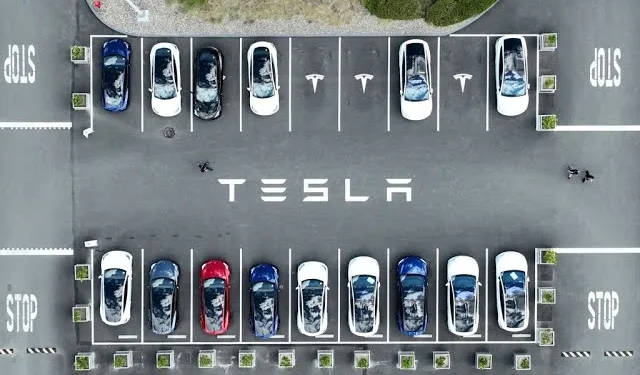In a move to streamline operations, Tesla plans to cut over 10% of its staff amid slowing EV demand and competitive pressures
Tesla, the trailblazer in electric vehicles, has declared a reduction of more than 10% of its global workforce, which totals approximately 140,000 employees. This decision, as communicated by CEO Elon Musk in an internal memo, reflects broader industry challenges including heightened competition and a softening demand for electric vehicles.
In the memo addressed to Tesla staff, Musk cited the necessity for “cost reductions and increasing productivity” as primary drivers behind the significant workforce cut. This move comes on the heels of a noticeable slowdown in the company’s employee growth and a recent decline in sales, marking its first sales drop since the pandemic’s peak four years ago.
Elon Musk elaborated on the company’s strategy in a post on X, stating, “About every 5 years, we need to reorganize and streamline the company for the next phase of growth.” This statement was part of his response to public reactions regarding the upcoming layoffs and the departure of key executives, Drew Baglino and Rohan Patel, suggesting a strategic pivot to position Tesla for future challenges and opportunities.
This workforce reduction is not unprecedented for Tesla, which has previously undertaken cuts during periods of strategic realignment. In 2019, the company reduced its staff by 7% and made similar cuts in 2022, though it continued to hire hourly workers. The current decision appears to be a more significant recalibration, given the scale and the economic pressures facing the industry.
Despite reclaiming the title for the highest global EV sales from Chinese automaker BYD in the first quarter of the year, Tesla’s sales have dipped. This reflects a broader industry trend where, despite continued growth, the pace has not met expectations. U.S. EV sales, for instance, increased by 40% last year, surpassing the one million mark for the first time, yet companies like General Motors and Ford are also scaling back their EV production in response to softer demand.
As Tesla aims to optimize its operations, the company has been expanding its manufacturing footprint, opening new factories in Germany and Texas in 2022, and announcing plans for a new plant in Mexico. However, the recent slowdown in hiring and now, job cuts, indicate a shift in Tesla’s growth strategy, emphasizing efficiency and adaptability in a rapidly evolving market.
The news of the job cuts has impacted Tesla’s stock, which saw a further decline of 3% in early trading following a 31% drop earlier this year. As the market responds to these changes, Tesla’s path forward will be closely watched by investors and industry analysts alike, marking a pivotal moment for the EV giant as it navigates through these challenging economic conditions.
